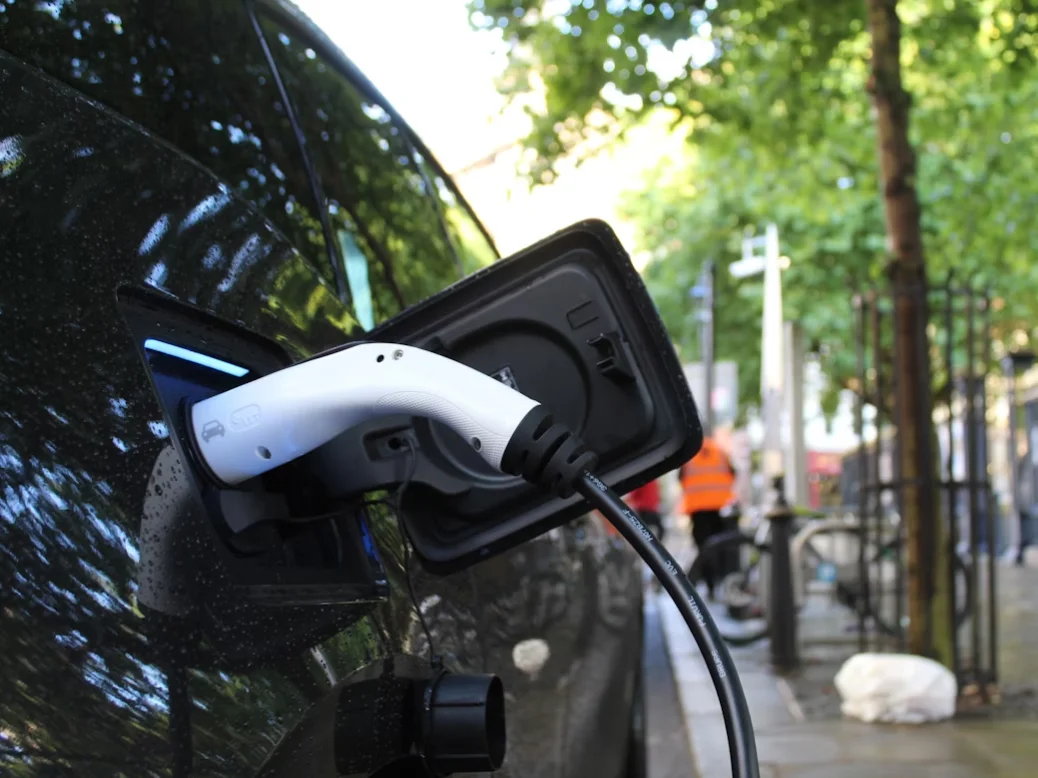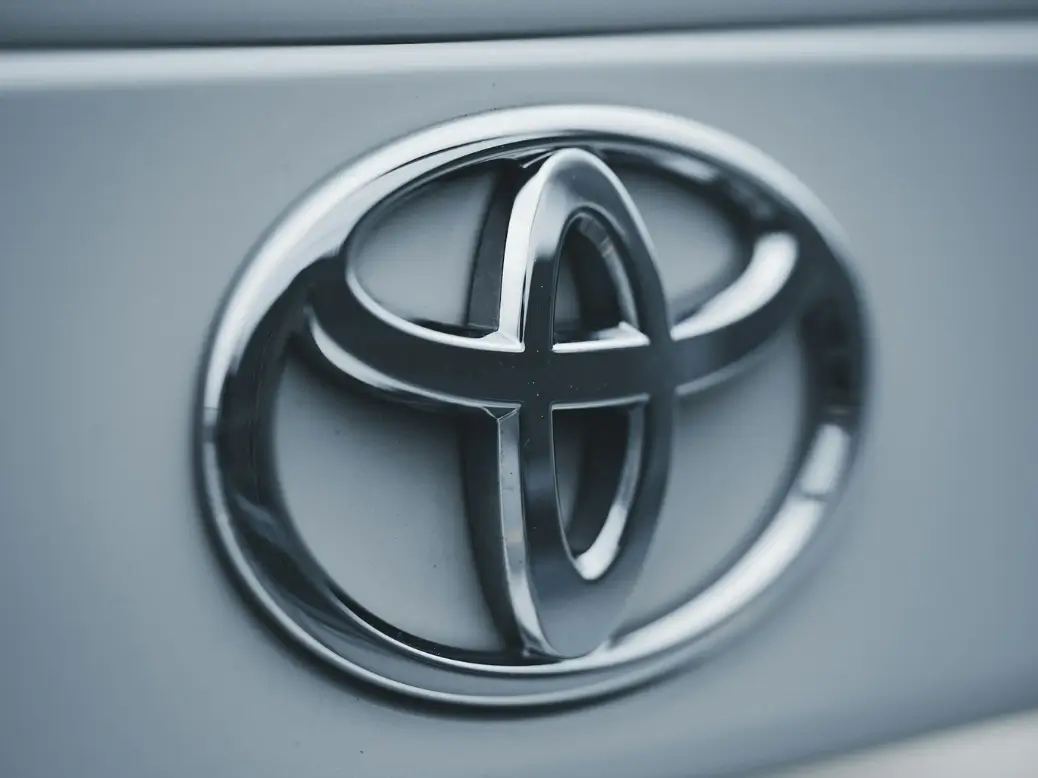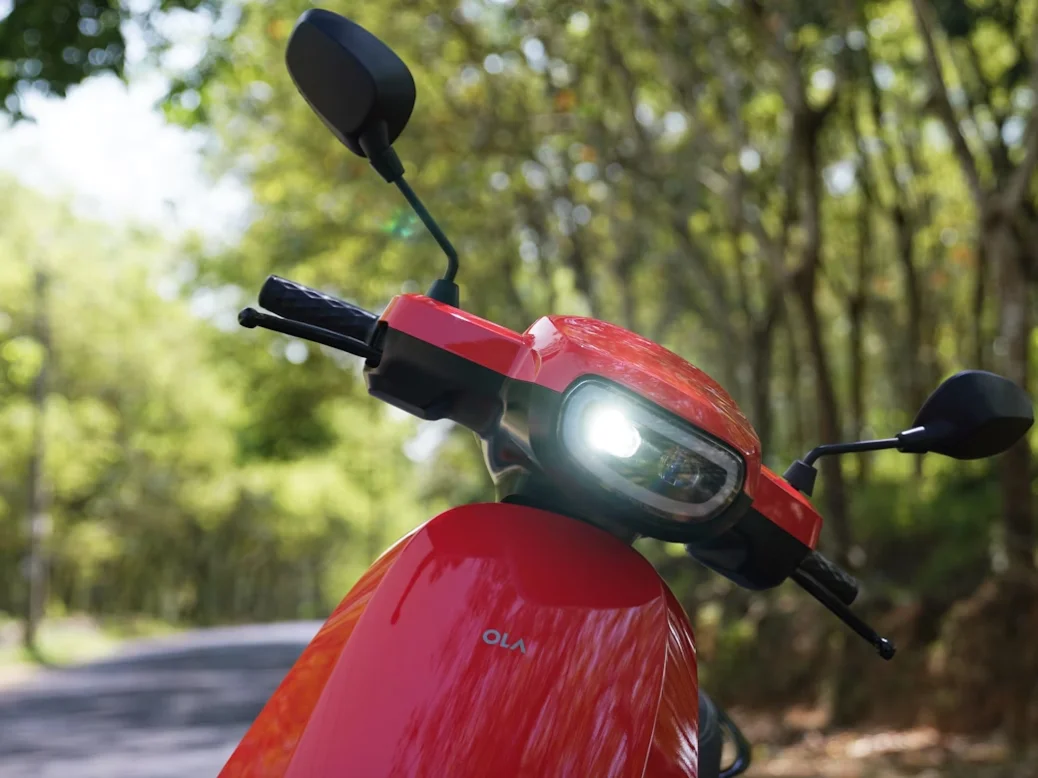As we look towards the Electric Vehicle Future, it's essential to consider how the landscape of automobiles is evolving. Electric vehicles (EVs) are gaining traction, but they still face multiple challenges before they can fully replace traditional gas-powered cars. By understanding the key factors shaping the future of electric cars, we can better predict what lies ahead for this transformative technology.
The Projected Growth of Electric Vehicles
According to the International Energy Agency (IEA), electric vehicle sales saw a remarkable surge in 2021, almost doubling the sales from the previous year to reach 6.6 million, which accounted for nearly 9% of all car sales. This figure raises the cumulative count of electric vehicles on the road to about 16.5 million. Experts from True Car anticipate that more than 100 EV models will be available by the end of 2024, paving the way for anticipated growth in the industry.
Predictions indicate significant growth:
-
By 2025, EV sales could comprise up to 20% of new car sales.
-
By 2030, this figure may rise to 40%.
-
By 2040, almost all new car sales could involve electric vehicles.
Key Factors Influencing the Future of Electric Cars
While the figures are promising, several factors will influence how quickly we can transition to electric vehicles.
Fleet Turnover Dynamics
One of the critical aspects to consider is fleet turnover. The rate at which older vehicles are replaced by new ones is affected by the durability and reliability of gas cars, which are more enduring than ever. The process of phasing out gas-powered vehicles will take time, influenced by shifts in urban transportation planning and the rise of ride-sharing options.
Manufacturer Commitment
Automakers are gradually transitioning their vehicle offerings to an all-electric framework. However, the timelines differ among manufacturers. Some have pledged to cease gasoline car production by 2035, while others propose a more extended transition stretching to 2045-2050, contingent upon legislative requirements.
Legislative Actions
Recent legislative measures in numerous states aim to ban the sale of new gasoline vehicles by 2035. If these regulations are implemented nationwide, we could witness an electric vehicle landscape massively skewed towards EVs by 2050.
The Need for Infrastructure
A robust charging infrastructure is critical as the number of electric cars increases. Lawmakers are actively working to facilitate the installation of charging stations across various regions, a process that will take years to complete but is crucial for the successful transition to electric vehicles.
Consumer Attitudes and Adoption of Electric Cars
For the electric vehicle market to flourish, consumer acceptance is essential. Several challenges remain that could hinder this transition:
-
Cost of Ownership: Although the total cost of ownership for EVs tends to be lower than that of gasoline cars, the initial purchase price remains a barrier. In 2021, electric vehicles were approximately $10,000 more than average gas-powered cars. As prices level out, adoption is expected to rise.
-
Changing Driving Habits: With remote work becoming more common, driving patterns may shift, resulting in potential buyers delaying vehicle updates and opting against electric models.
-
Range Anxiety: Concerns about battery life and the availability of charging stations (commonly referred to as range anxiety) can deter potential buyers. As charging infrastructure improves and battery technology advances, these worries should diminish.
Conclusion
In conclusion, the future of electric vehicles holds great potential, but there are still numerous hurdles to overcome. Automakers, consumers, and legislators alike must prioritize electric vehicle adoption to ensure a smooth transition from gas-powered cars. As infrastructure expands and technology advances, we can expect electric vehicles to play a pivotal role in the automotive landscape well into the future. Embracing these changes is not only beneficial for consumers but also essential for a more sustainable planet. Let’s look forward to a time when the electric vehicle revolution realizes its full potential.













